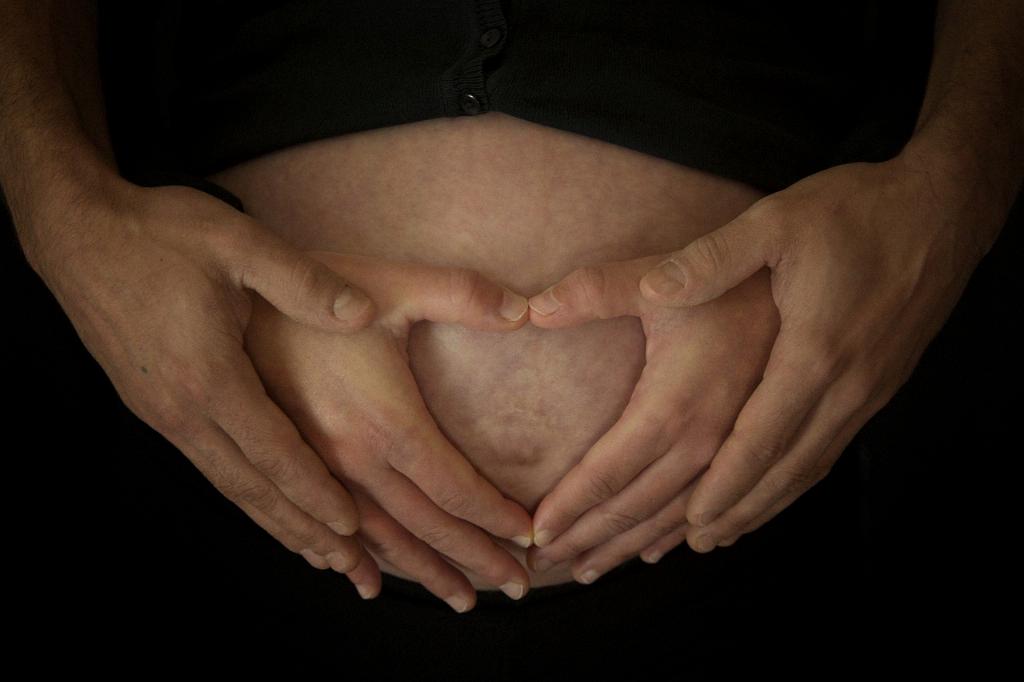Many women experience changes in their body temperature during pregnancy. While it is commonly known that pregnant women tend to feel warmer than usual due to hormonal changes and increased blood flow, feeling cold or freezing in early pregnancy is also a common occurrence for some women.
During early pregnancy, your body goes through a lot of changes to support the growth and development of the fetus. These changes can impact your body’s ability to regulate temperature effectively, leading to feelings of coldness even in warm environments.
One of the reasons why you may feel freezing in early pregnancy is due to hormonal fluctuations. Hormones play a crucial role in regulating your body’s temperature, and during pregnancy, the levels of hormones such as estrogen and progesterone can fluctuate significantly, affecting your internal thermostat.
Moreover, the increased blood flow to the uterus and developing baby can also contribute to feeling cold. Your body prioritizes sending blood to the uterus to support the growing fetus, which can sometimes leave other parts of your body feeling cooler than usual.
Another factor that may make you feel cold in early pregnancy is the increased metabolic rate. Your body is working overtime to support the growth of your baby, which can lead to an increase in metabolism. This increased metabolic activity can generate heat, but it can also leave you feeling cold as your body works to maintain a neutral temperature.
In addition to hormonal changes and increased metabolic rate, the expansion of blood vessels during pregnancy can also contribute to feeling chilly. The dilation of blood vessels, particularly in the hands and feet, can lead to heat loss and a sensation of coldness, even when the ambient temperature is warm.
Furthermore, changes in blood circulation and distribution may play a role in why you might feel freezing during early pregnancy. The redirected blood flow to the uterus and other vital organs can impact how warm or cold other parts of your body feel, leading to sensations of coldness.
Stress and anxiety during pregnancy can also affect your body temperature regulation. High levels of stress can trigger the release of adrenaline, which can constrict blood vessels and reduce blood flow to the extremities, making you feel cold even when you are not in a cold environment.
While feeling cold in early pregnancy is a common experience for many women, it is essential to pay attention to any extreme or persistent symptoms. If you are feeling excessively cold or experiencing other concerning symptoms, it is always best to consult with your healthcare provider to rule out any underlying issues.
Overall, feeling freezing in early pregnancy can be a normal and temporary symptom caused by the various changes your body is undergoing to support the growing fetus. By understanding the reasons behind feeling cold during this time, you can better manage your comfort and seek necessary support if needed.

